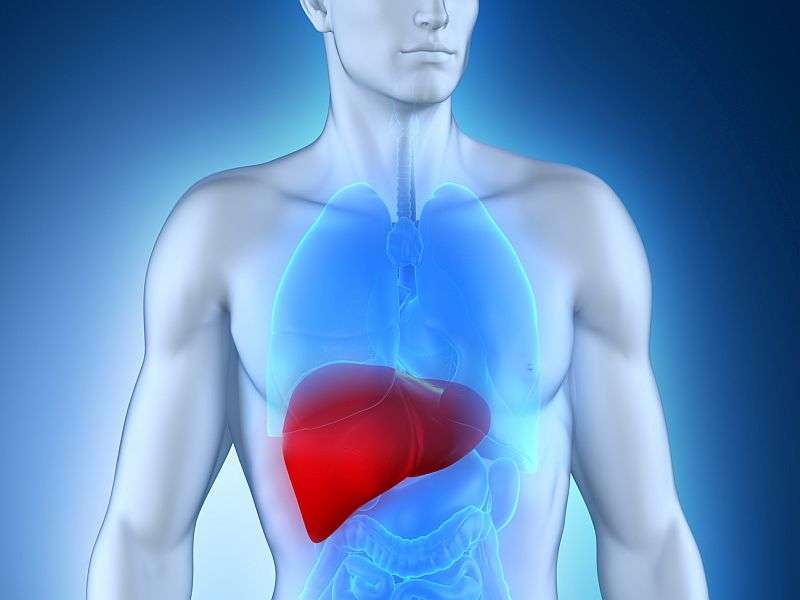Case report: hyperammonemia to be considered in cirrhosis setting

(HealthDay)—Severe hyperammonemia, resulting from ammonia that accumulates in stored blood products, should be considered in the setting of cirrhosis, according to a case report published online June 13 in the Annals of Internal Medicine.
Zachary M. Rossfeld, M.D., and Nathan R. Wright, M.D., from The Ohio State University in Columbus, describe a 58-year-old patient who presented to the emergency room with chest pain and syncope, with a history of cirrhosis due to non-alcoholic steatohepatitis. He was diagnosed with non-ST-segment elevation myocardial infarction and was administered one unit of packed red blood cells that had been collected 17 days earlier. The following day, he was administered two more units of packed red blood cells that had been obtained 17 and 20 days earlier.
The authors note that the patient was lethargic with a rapidly deteriorating mental state at six hours after the last blood transfusion. No bleeding or herniation was revealed on a non-contrast-enhanced computed tomography scan of the head, and the patient was intubated. He stopped moving spontaneously and developed cranial nerve palsies. The patient's serum ammonia level was 806 µmol/L, compared with 53 µmol/L on admission. Urgent dialysis was started and the patient regained spontaneous movement within 24 hours.
"On the basis of this experience, we recommend that severe hyperammonemia be considered when patients with cirrhosis develop altered mental status after blood transfusion," the authors write.
More information: Abstract/Full Text (subscription or payment may be required)
Copyright © 2017 HealthDay. All rights reserved.




















